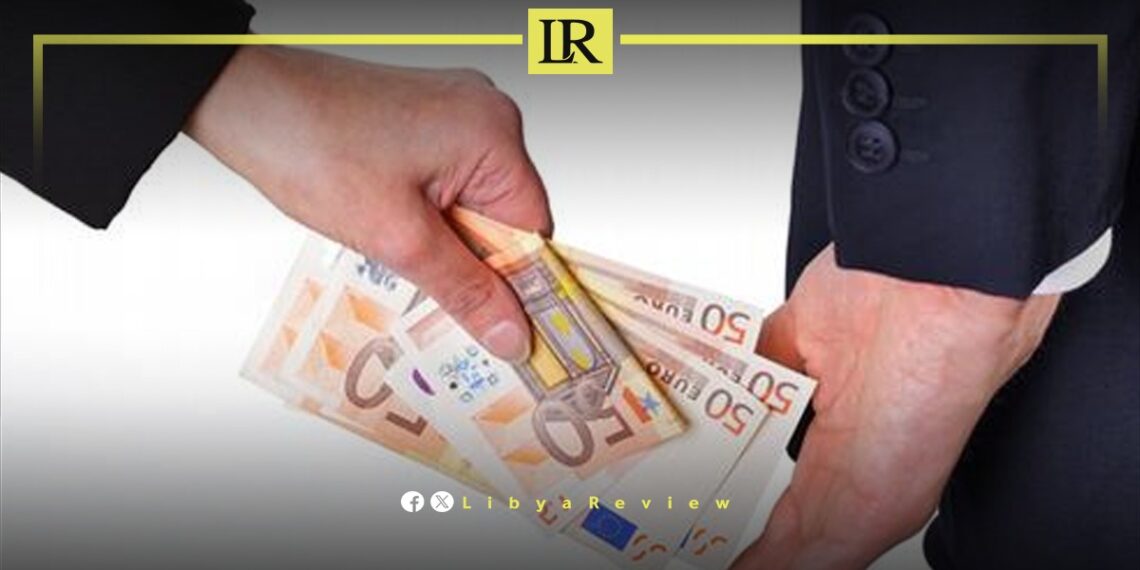Libya has been ranked as the 10th most corrupt country in the world for 2024, according to a recent report by Transparency International.
The Corruption Perceptions Index places Libya at 170th out of 180 countries, just behind Somalia, which holds the top position as the most corrupt nation, and South Sudan, ranked third globally.
This ranking highlights the severe corruption that has plagued Libya since the 2011 revolution. The revolution, which aimed to overthrow long-time leader Muammar Gaddafi, resulted in a prolonged period of political instability and weakened state institutions. Over the past decade, the country has struggled with various factions vying for control, leading to widespread mismanagement and exploitation of its vast oil resources.
Since 2011, Libya has experienced significant turmoil and fragmentation. The revolution’s aftermath saw the emergence of multiple power centers, including rival governments in the east and west, each backed by different militias and international actors. This division has hampered efforts to establish a unified government and effective state institutions.
The ongoing conflict and political division have made it difficult to implement anti-corruption measures or establish accountability mechanisms. The lack of a stable government has allowed corruption to flourish, with public officials and private entities engaging in bribery, embezzlement, and other corrupt practices with impunity.
One of the primary sources of Libya’s corruption is its oil wealth. The country possesses the largest proven oil reserves in Africa, and the struggle for control over this lucrative resource has been a significant driver of corruption. Various militias and armed groups have taken over oil facilities, siphoning off revenues that should go towards national development and public services. This exploitation has severely disrupted the economy, leading to widespread poverty and unemployment despite the nation’s substantial natural resources.
In addition to the oil sector, corruption permeates various aspects of public life in Libya. The lack of transparency and oversight in government procurement processes, combined with weak judicial systems, has resulted in inflated contracts and misallocation of funds. Ordinary Libyans often face demands for bribes in exchange for essential services such as healthcare, education, and legal documents, further eroding public trust in government institutions.


